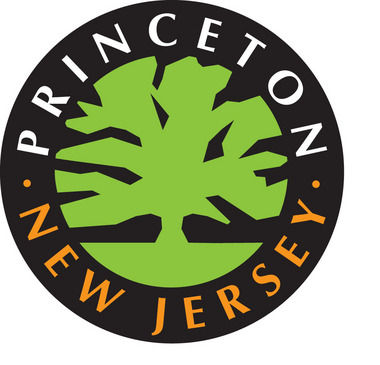By Philip Sean Curran, Staff Writer
The Princeton Council will “soon” introduce and adopt an ordinance to require private-sector employers to provide employees who work in Princeton with paid sick time, advocates for the measure said this week.
The proposal has gained momentum quickly, with Princeton expected to become the 10th municipality in New Jersey with that requirement. There is no timeline for when the ordinance will go before the council, said the political coordinator of New Jersey Working Families Alliance, the organization pushing for the measure.
“We expect it to come soon,” Craig Garcia told the Princeton Board of Health, which endorsed the measure at its meeting Tuesday. “Princeton can help us move this forward.”
Councilwoman Jenny Crumiller said this week that council is “likely” to pass the measure.
Advocates are couching paid sick time as a public health issue. Their proposal would mandate that employers with 10 or more employees provide up to five paid sick days a year or three days a year for companies with less than nine employees.
A measure on the books in Newark says employees are eligible for sick time, regardless of whether they are full or part time, so long as they work 80 hours in the city “per year.” One hour of sick time is earned for every 30 hours worked.
In New Jersey, Jersey City was the first municipality to enact an ordinance calling for paid sick leave. Eight others followed, including two, Montclair and Trenton, by voter referendum.
Like Princeton, those nine towns are staunchly Democratic, liberal leaning. Most also have a high percentage of poor and low-income workers.
One of the chief beneficiaries of the measure would be local restaurant workers and landscapers, jobs filled mainly by the illegal immigrant population in the Witherspoon neighborhood of town.
Mayor Liz Lempert, who had invited Working Families to address the council last week, said Wednesday that she supports employees having earned sick pay.
She said she plans to arrange a meeting with members of the business community “to go over both what the ordinance that has been passed in nine other communities entails and hear their concerns and to have a dialogue about it.”
She said that meeting would include the leadership of the Princeton Merchants Association, the Princeton Regional Chamber of Commerce and David Newton of Palmer Square Management.
Peter M. Crowley, president and CEO of the Chamber, this week objected to putting another government mandate on the backs of the business community. He said Tuesday that the businesses are not asking for this, and noted that most already take care of their employees with sick time and opportunities to adjust their schedules.
He said the mandate would impose a government-based system on companies for tracking and recording sick days. Instead of a hodge-podge of municipal ordinances, he said state lawmakers should be tackling the subject.
“This is a state issue,” he said.
This is not the only public policy that Working Families works on. The organization also champions other liberal causes, including climate change, and is a staunch critic of Gov. Chris Christie, who opposes making sick time a state law.
For Mayor Lempert, her decision to support paid sick time comes even as she wants to work with the business community to improve the town. In particular, she is interested in finding ways to promote Princeton as a place for businesses to come to as well for Princeton University graduates to stay in town rather than take their talents elsewhere to places like Silicon Valley.

